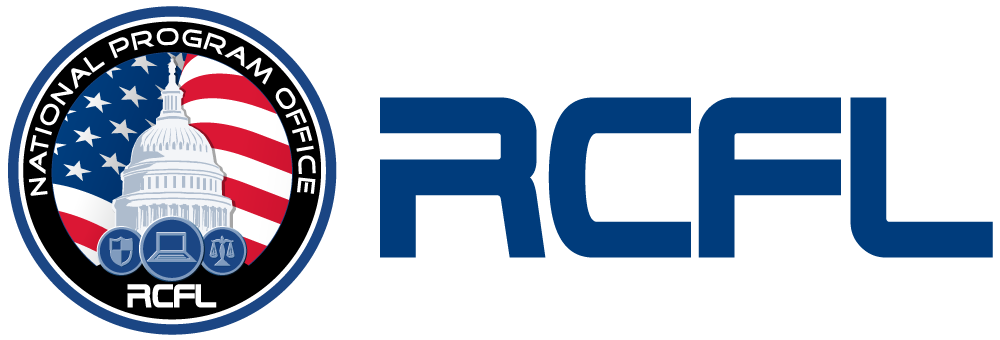About
With the proliferation of digital devices, today’s criminal investigations often rely on evidence stored on computers, smart phones, and other connected tools. Performing digital forensic examinations on that evidence is the specialty of the Regional Computer Forensics Laboratory (RCFL) program.
Created in 2000, the RCFL program is a partnership between the FBI and other federal, state, and local law enforcement agencies operating a regional, digital forensic task force. The laboratories provide forensic services and expertise to support law enforcement agencies in collecting and examining digital evidence for a wide range of investigations, including child pornography, terrorism, violent crime, and fraud.
As with all evidence gathering and analysis, it takes a trained and skilled hand to gather digital evidence correctly and legally while preserving the integrity of the data and files. RCFLs provide law enforcement access to digital forensics experts and also allow state and local personnel to train on cutting-edge evidence gathering techniques.
RCFL services include
- Pre-seizure consultation, search, and onsite seizure
- Duplication, storage, and preservation of computers and other digital evidence
- Prompt, accurate, and impartial forensic examinations of digitally stored media
- Consultation on digital forensic matters
- Courtroom testimony
RCFL National Program Office
The RCFL National Program Office (NPO) was established in 2002 to advocate for the program before key constituent groups, oversee the operations of the RCFLs, and facilitate the creation of new RCFLs. Now with 17 operational RCFLs, the NPO coordinates with the FBIs Operational Technology Division to develop training curricula for digital evidence examiners and law enforcement officers, advocates on behalf of the program to ensure consistent quality management of each laboratory, and provides financial support.
Local Executive Board (LEB)
Each RCFL has a Local Executive Board that includes one representative from each participating agency. These boards oversee the operations of the individual RCFL with which they are affiliated, to include the establishment of policies and procedures. Boards meet on a biannual basis or more frequently.
What is Digital Forensics?
Digital forensics is the application of science and engineering to the recovery of digital evidence using legally acceptable methods. Examiners use digital investigation and analysis techniques to determine what could be legally permissible evidence on devices ranging from computers to cell phones to cameras. Examiners are capable of locating deleted, encrypted, or damaged files and data that may serve as evidence in a criminal or national security investigation.
Partnerships
Partnership is at the core of the RCFL program. Each RCFL is managed and led by a Local Executive Board (LEB), consisting of federal, state, and local law enforcement organizations known as participating agencies. On a national level, RCFL works in close coordination with the FBI and its National Domestic Communications Assistance Center.
Training
RCFLs train law enforcement to identify, handle, preserve, transport, and store digital evidence such as cell phones, tablets, video games, etc. Workshops and courses range from beginner to advanced and provide instruction on various digital forensics tools and techniques.
RCFL Locations
The RCFL Program is a network of 17 strategically placed full-service digital forensics laboratories and training centers. RCFL services are available to law enforcement agencies within each RCFL’s boundaries. Some RCFL Service Areas are able to work with agencies outside their geographic boundaries. See the policies of each Service Area for details.
